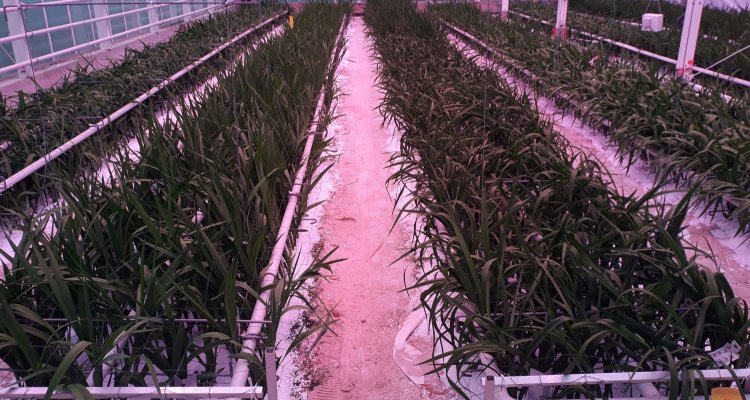
News
Saving energy also has an effect on the effectiveness of natural enemies
Due to the high energy prices, growers are making different cultivation decisions: they heat less, screen more and use LED lighting. This changes the greenhouse temperature and lighting conditions. As a result, many natural enemies are less active at times when pests continue to develop. The Greenhouse Horticulture and Flower Bulbs Business Unit of Wageningen University & Research has plans to investigate which new mainly indigenous natural enemies could be used in greenhouse horticulture.
Pests such as whitefly and aphid can continue to reproduce at lower temperatures. They also do this during the winter. As soon as the temperature rises in the greenhouse, the population can suddenly grow rapidly. Natural enemies such as the parasitic wasp are less active in winter and are therefore less effective. This phenomenonhas already occurred in recent years because growers have started to grow more energy-consciously. But since last year's extremely high energy prices, the problem has become worse, including in the cultivation of gerbera, bell peppers and roses.
WUR therefore wants to investigate whether indigenous natural predators, such as various Orius species (predatory bugs), ladybirds and lacewings, are more resistant to the lower temperatures and lower light intensity, or whether these species can be further developed. In addition, WUR wants to investigate the use of entomopathogenic fungi. WUR is still looking for partners for this, such as suppliers and growers. The idea is that a joint plan is developed for a PPP project, and that external funding can be applied for.